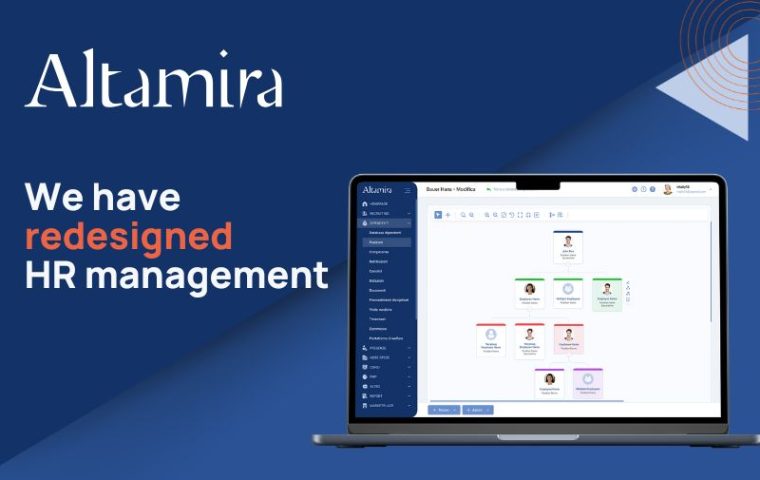To develop a healthy growth path, all startups and SMEs need to better structure their personnel management processes once they reach 15-20 employees.
While at the beginning it’s possible to entrust the tasks having to do with personnel management to the management or administrative personnel, or divide them among different managerial figures, as the staff grows, the activities to be carried out and the regulations to be complied with become so many that they require specialized figures.
Furthermore, doing the bare minimum is not enough. Creating an adequate flow of talent, building a positive corporate culture and developing internal resources are all crucial to the company’s success. These goals can only be achieved if you have the appropriate skills and tools.
It is enough to list some important HR activities to become aware of this:
- Creation of the plan for the introduction of new staff
- Determination of remuneration policies and the budget dedicated to labor costs
- Analyses of benefits and company incentives
- Drawing up company policies
- Organization of the training plan
- Introduction of evaluation processes
- Coordination of administrative activities (attendance records, payroll)
- Digitization of HR processes
- Compliance with privacy and work safety regulations
State-of-the-art HR management is decisive for the growth of a small company. The companies with a high level of employee engagement are in fact those with the best performance, as shown by numerous studies.
It is not only a matter of people and skills, but also of technology. Too many companies think that it is enough to use generic tools like Excel for personnel management, but in this manner they only slow down and limit the HR processes, wasting time and money and creating discontent among the staff.
One of the first tasks of the new HR manager is often to carry out a process of digital HR transformation.
But who to entrust with the role of setting up the company’s HR department?
Typically, startups and SMEs can choose one of the following paths.
1) Hire an experienced HR manager
The first option is to look for an HR manager who has some experience working in SMEs. Since he or she will have to deal with a wide range of activities on their own—from recruiting to personnel management, from training to remuneration and welfare policies—the focus will be on a generalist and versatile figure, who is able to operate with ease in every area of their role.
With their wealth of knowledge, they will need to introduce procedures, HR software and other initiatives with which they’ve had successful experiences in the past.
Pros: Experience, Know how
Cons: High salary
2) Choose a junior HR manager
In contrast to what was the case a few years ago, today there are numerous degree courses—in addition to many university master’s programs—that are training capable young professionals who are ready for the role of HR manager.
To hire a young professional in the industry means to be able to rely on a person who is well-trained and familiar with the latest theories in the field, at ease with modern HR management software and the latest developments in the HR industry, such as employer branding and employee engagement.
Pros: Up-to-date knowledge, Reduced costs
Cons: Little or no work experience
3) Train an internal person
The option of training an internal person, who knows the company well and has demonstrated that they have the necessary soft skills to perform the complicated role of personnel manager, is now less complicated than it used to be.
We have already mentioned the reason, and it is related to the great educational offers available for those who want to deepen their knowledge of the concepts and processes of the HR sector. In particular, there are numerous HR Executive Masters, designed (also) for those who play a different role and pursue a career change.
Training a person for a radical career change is not a simple operation, and requires a strong commitment from both the employee and the company, with the risk that the person being trained will not prove to be up to expectations. However, it allows you to place a person who is familiar with internal processes and with their colleagues in a strategic role.
Pros: You don’t have to hire new personnel and an internal career path is guaranteed
Cons: It takes time and success is not guaranteed.
4) Resort to outsourcing
Inserting an internal resource is not the only option available to startups and SMEs that want to improve their personnel management processes. It is possible, especially in a first phase, to consider outsourcing these activities by relying on HR consulting firms. These companies provide consultants who analyze business processes—from compensation policies to welfare, from selection strategies to restructuring operations—and make them more efficient.
Pros: No need to train or hire an internal figure
Cons: Not a long-term solution if the company continues to grow
Copyright: ©Worawut/Adobe Stock














